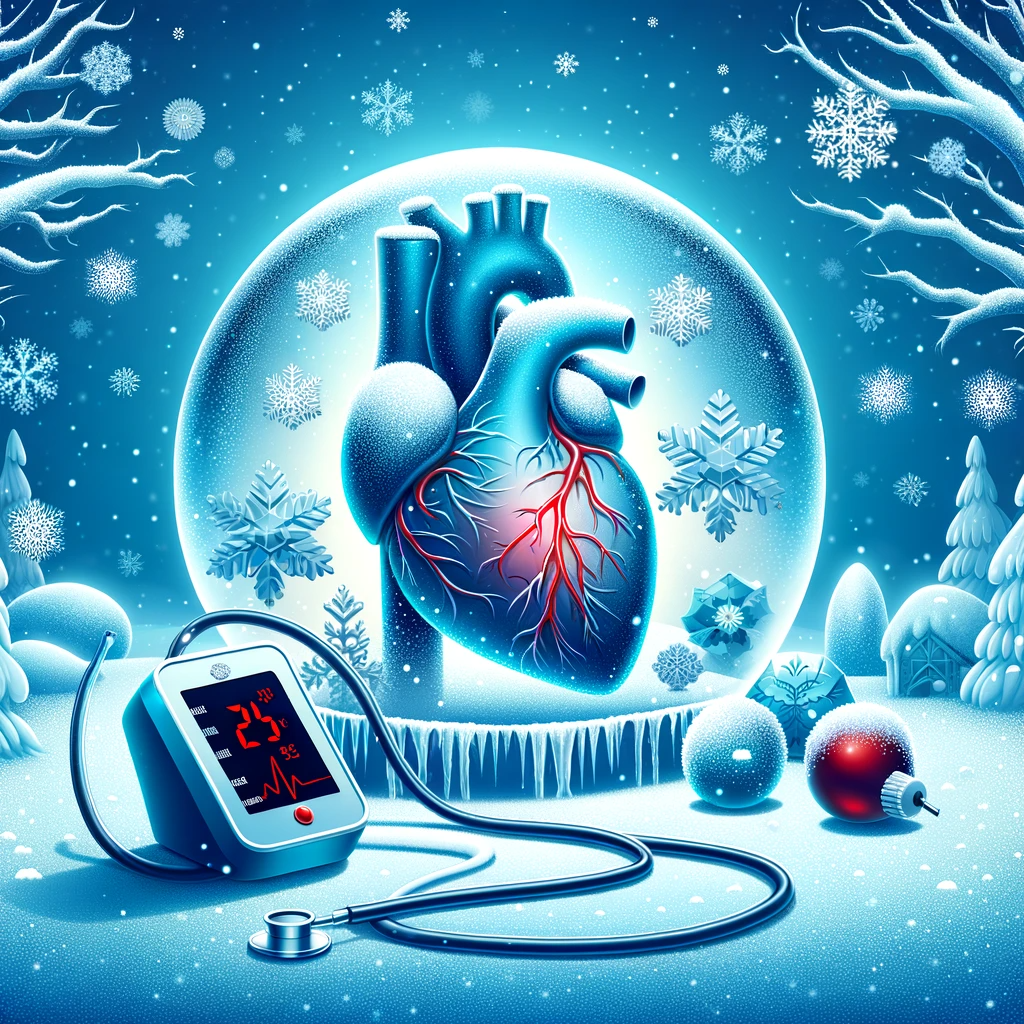According to India.com, individuals with high blood pressure should take extra precautions during cold weather to reduce the risks associated with hypertension. Cold temperatures can cause blood vessels to constrict, leading to an increase in blood pressure. To mitigate these effects, the article suggests the following tips:
1. Dress warmly: Layering clothing and wearing a hat, gloves, and warm socks can help maintain body heat and prevent blood vessels from constricting.
2. Stay active: Engaging in regular physical activity, such as brisk walking or indoor exercises, can help keep blood pressure in check and improve overall cardiovascular health.
3. Maintain a healthy diet: Consuming a balanced diet rich in fruits, vegetables, whole grains, and lean proteins can help manage blood pressure levels. Limiting salt intake is also important, as excessive sodium can contribute to hypertension.
4. Stay hydrated: Drinking an adequate amount of water is crucial, even in cold weather. Proper hydration helps maintain blood volume and supports healthy blood pressure levels. Blood pressure in cold weather is an important health matter to observe, if yours fluctuates.
5. Manage stress: Cold weather can sometimes lead to increased stress levels. Practicing stress management techniques can help reduce stress and promote better blood pressure control. Most popular de-stressing techniques are breathing exercises, meditation, or engaging in hobbies.
Dr. Ravi R. Kasliwal, Chairman of Clinical and Preventive Cardiology at Medanta – The Medicity, said:
"Cold weather can have a significant impact on blood pressure levels, especially in individuals with hypertension. By following these tips, individuals can reduce the risks associated with cold weather and maintain better control over their blood pressure."






